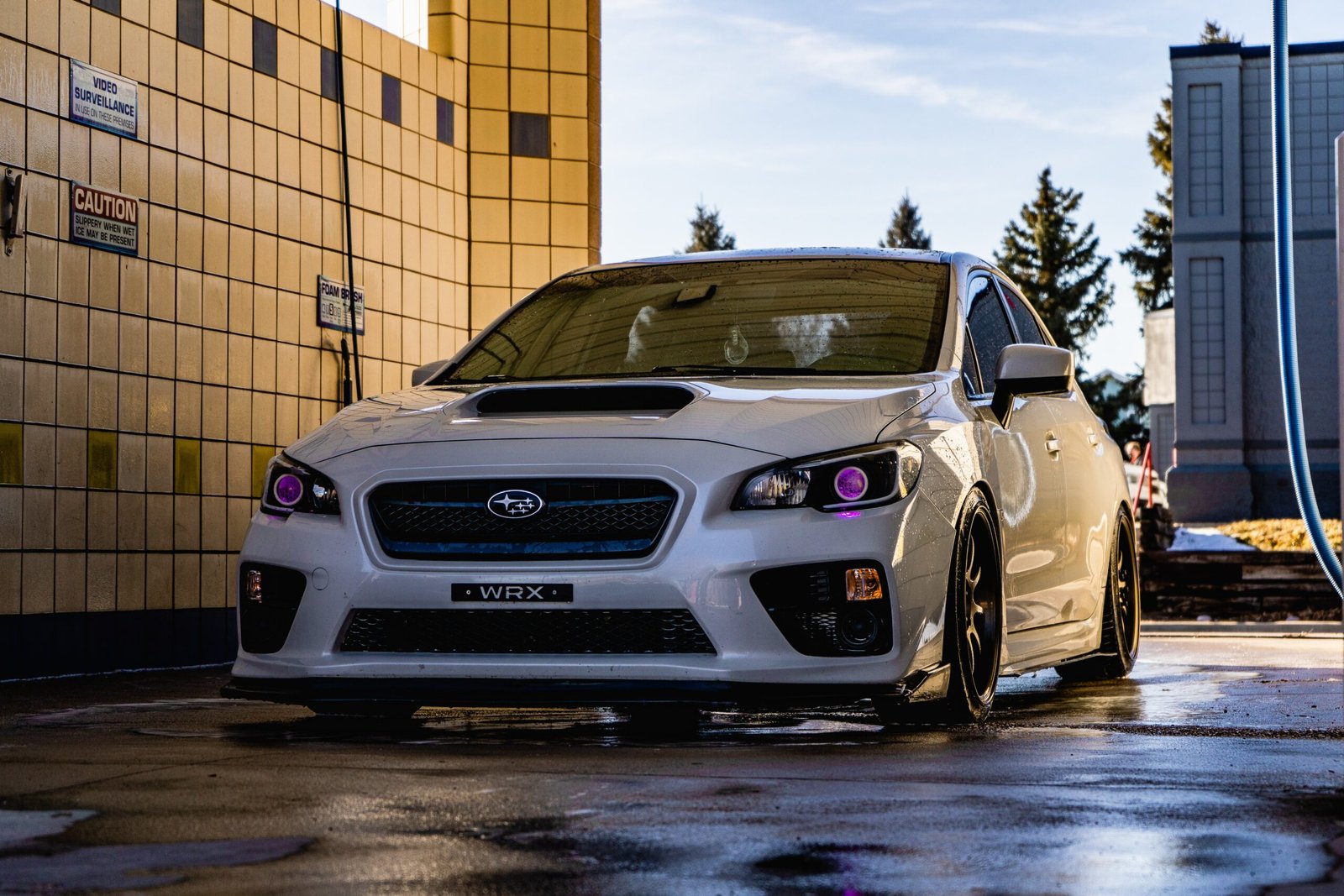Introduction
Regular maintenance is crucial for keeping your Subaru running smoothly and efficiently. One important aspect of maintenance is changing the antifreeze, also known as coolant, in your vehicle. In this article, we will discuss how often you should change the antifreeze in your Subaru and why it is essential to do so.
Understanding Antifreeze
Antifreeze is a liquid that helps regulate the temperature of your engine by absorbing excess heat and preventing it from overheating. It also prevents the coolant from freezing in cold temperatures, hence its name. Over time, antifreeze can break down and become less effective at its job, which is why regular replacement is necessary.
Manufacturer Recommendations
Subaru, like many other car manufacturers, provides guidelines for when to change the antifreeze in their vehicles. However, it’s important to note that these recommendations can vary depending on the specific model and year of your Subaru, as well as the type of antifreeze being used.
As a general rule, Subaru recommends changing the antifreeze every 30,000 to 50,000 miles or every 24 to 36 months, whichever comes first. It is crucial to consult your vehicle’s owner’s manual or contact your local Subaru dealership for the most accurate and up-to-date information specific to your Subaru model.
Factors to Consider
While following the manufacturer’s recommendations is a good starting point, there are several factors that can affect the frequency of antifreeze changes in your Subaru:
- Driving Conditions: If you frequently drive in extreme temperatures, such as hot summers or freezing winters, you may need to change the antifreeze more often. Extreme temperatures can put additional stress on the coolant, causing it to degrade faster.
- Driving Habits: Aggressive driving, towing heavy loads, or frequently driving in stop-and-go traffic can increase the strain on your engine and its cooling system. In these cases, more frequent antifreeze changes may be necessary to maintain optimal engine performance.
- Antifreeze Quality: The quality of the antifreeze used can also impact its lifespan. High-quality, long-life antifreeze may last longer and require less frequent changes compared to lower-quality alternatives.
- Signs of Antifreeze Degradation: It’s important to keep an eye out for signs that your antifreeze may need to be changed sooner than the recommended interval. These signs can include a sweet smell inside the car, visible coolant leaks, or the engine temperature gauge consistently running hotter than usual.
Why Regular Antifreeze Changes Are Important
Regularly changing the antifreeze in your Subaru is essential for several reasons:
- Engine Protection: Antifreeze plays a vital role in preventing your engine from overheating, which can cause significant damage. By regularly changing the antifreeze, you ensure that your engine stays cool and operates optimally.
- Corrosion Prevention: Over time, antifreeze can become acidic and corrode the metal components of your engine’s cooling system. Regular changes help prevent this corrosion, extending the life of your engine and cooling system.
- Optimal Performance: Fresh antifreeze helps maintain the proper pH balance and chemical composition of the coolant, ensuring it can effectively absorb and dissipate heat. This leads to improved engine performance and fuel efficiency.
- Longevity: By following the recommended antifreeze change intervals, you can help prolong the life of your Subaru and avoid costly repairs down the road.
Conclusion
Changing the antifreeze in your Subaru is an essential part of regular vehicle maintenance. While Subaru provides general guidelines for when to change the antifreeze, it’s important to consider factors such as driving conditions, habits, antifreeze quality, and signs of degradation. By staying proactive and following the recommended intervals, you can help ensure the longevity and optimal performance of your Subaru.



